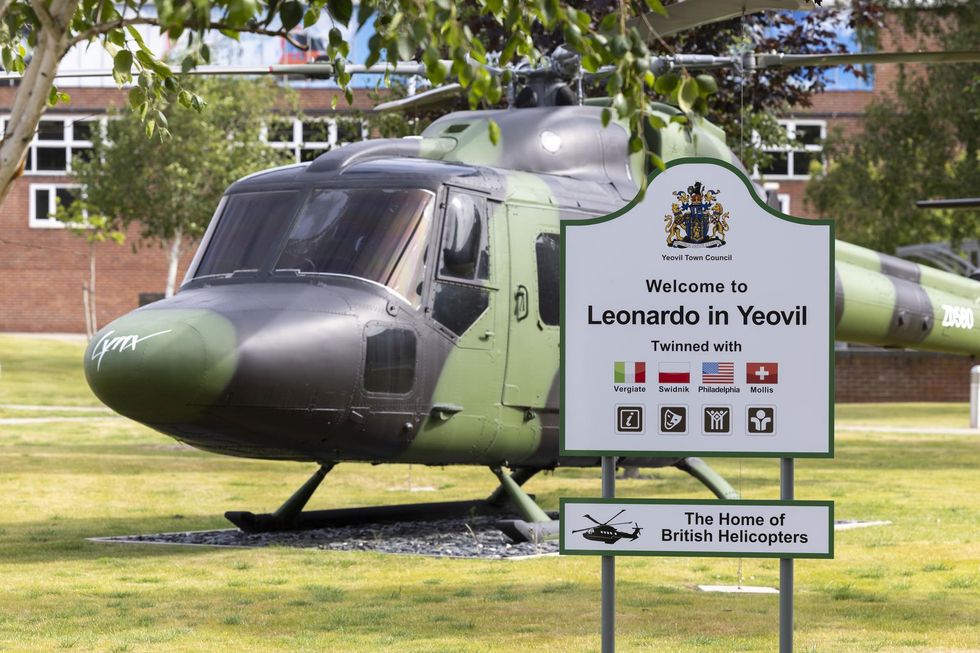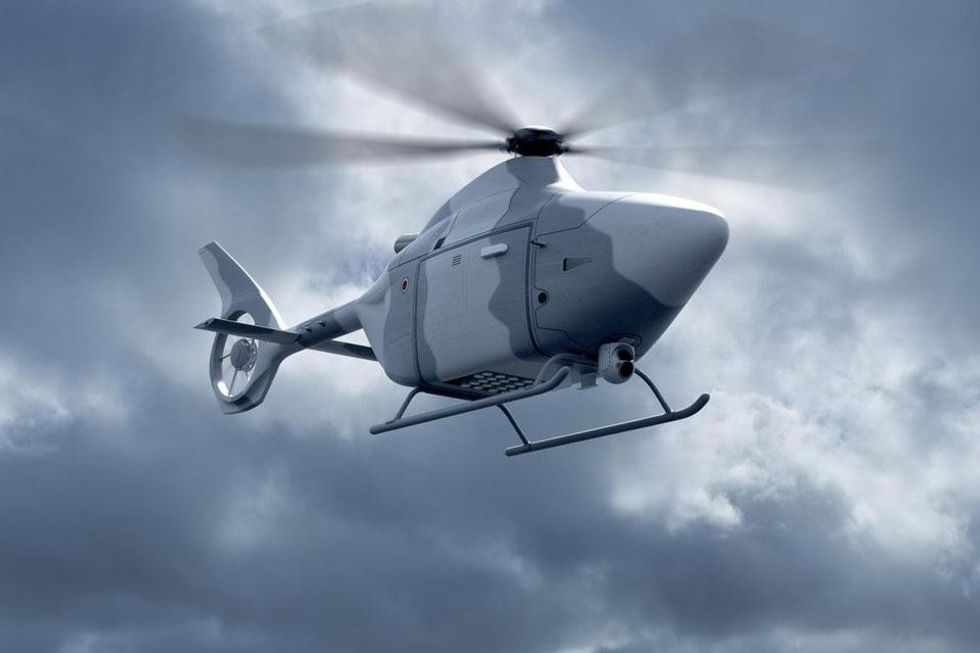Royal Navy to test submarine-hunting robot helicopter labelled as 'low-cost jack of all trades'
The new drone will enhance the Navy's submarine detection capabilities
Don't Miss
Most Read
The Royal Navy has struck a £60million deal to develop an autonomous drone helicopter designed to hunt enemy submarines, marking a significant advancement in British naval defence technology.
The Proteus drone, developed by Yeovil-based defence firm Leonardo, will enhance the Navy's submarine detection capabilities through advanced autonomous systems.
Leonardo unveiled the demonstrator design of the aircraft today, showcasing the latest addition to Britain's growing arsenal of autonomous defence systems.
The unmanned helicopter represents a major investment in the UK's maritime defence capabilities, with the original contract awarded to Leonardo in 2022 spanning four years of development.

The Proteus drone, will be developed by Yeovil-based defence firm Leonardo
|Leonardo Website
Weighing approximately three tonnes, the Proteus drone has been engineered with advanced capabilities to support the Royal Navy's submarine detection operations.
A key innovation is the drone's modular mission bay, positioned where a traditional helicopter cabin would be located, allowing for rapid payload changes.
A flexible design enables the unmanned aircraft to adapt to various mission requirements by easily swapping different equipment configurations.
The modular system offers commanders the ability to reconfigure the aircraft for different tactical scenarios.
MORE LIKE THIS:
One of the Proteus drone's key capabilities is deploying sonobuoys, which can detect engine and propeller sounds from enemy submarines underwater.
Leonardo highlighted the operational advantages of the system, stating: "The ability to plug in specific payloads for different missions aims to give commanders in the field a wide range of options from a single type of aircraft."
The company emphasised the cost-effectiveness of the design, noting that it "delivers value for money by avoiding the need to buy and maintain multiple different fleets of aircraft".

One of the Proteus drone's key capabilities is deploying sonobuoys
|Leonardo Website
Flight tests for the Proteus programme have been scheduled for mid-2025.
The programme builds upon the initial £60million contract awarded in 2022, with the upcoming flight tests evaluating the drone's capabilities in real-world conditions.











